How the FDA Shapes Data Management and Archiving Practices in Pharma and Life Sciences
The U.S. Food and Drug Administration (FDA) plays a major role in shaping practices within the pharmaceutical and life sciences industries. One area where its influence is particularly significant is in data management and archiving.
Ensuring Data Integrity
The FDA places a strong emphasis on data integrity, this focus has led organisations to implement robust archiving solutions that maintain the ALCOA+ principles (Attributable, Legible, Contemporaneous, Original, Accurate, plus Complete, Consistent, Enduring, and Available). These principles ensure that data is reliable and can be trusted for regulatory submissions and decision-making processes.
Supporting Long-Term Data Retention
FDA regulations often require data to be retained for extended periods. This requirement has pushed organisations to adopt long-term archiving solutions that can preserve data integrity and accessibility over decades, not just years. Long-term data retention strategies must account for the durability of storage media and the evolution of data formats, ensuring that critical data remains usable for future reference and regulatory needs.
Facilitating Electronic Records and Signatures
The FDA’s 21 CFR Part 11 regulation on electronic records and electronic signatures has significantly influenced archiving practices.
“…electronic signatures and handwritten signatures … shall be linked to their respective electronic records to ensure that the signatures cannot be excised, copied, or otherwise transferred to falsify an electronic record by ordinary means.” [FDA 21 CFR 11.10]
It requires companies to implement controls that ensure the authenticity, integrity, and confidentiality of electronic records. This has led to the adoption of archiving systems with robust audit trails, access controls, and data encryption capabilities. These measures help ensure that electronic records are secure, traceable, and compliant with regulatory standards, facilitating trust in the digital data lifecycle.
Promoting Inspection Readiness
The FDA’s authority to conduct inspections at any time has made inspection readiness a top priority for pharma and life sciences companies.
“All records required under this part, or copies of such records, shall be readily available for authorized inspection during the retention period.” [FDA 21CFR211.180]
This has influenced archiving practices by encouraging organisations to implement systems that allow for quick and easy retrieval of archived data. The ability to rapidly produce requested documents during an FDA inspection can make the difference between a successful audit and a warning letter. Effective archiving solutions streamline the inspection process and minimise the risk of non-compliance.
Encouraging Cloud Adoption and Validation

As the industry embraces digital transformation, cloud-based data management solutions are becoming more prominent. The FDA’s stance on cloud computing emphasises the need for compliance and data integrity in these environments. Organisations are required to validate their cloud solutions to ensure they meet the same rigorous standards as on-premises systems.
Cloud-based solutions offer numerous advantages, including scalability, cost-effectiveness, and enhanced collaboration, however, they must be validated. This includes implementing measures such as data encryption, regular audits, and contingency plans for data recovery.
Ensuring Continuous Data Accessibility
The FDA expects that archived data remains accessible throughout its retention period. This requirement has pushed organisations to consider not just the storage of data, but also its long-term accessibility. Companies are now focusing on archive solutions that can manage data format obsolescence and ensure that archived data can be read and interpreted correctly years or even decades after it was first stored. Ensuring continuous data accessibility is critical for maintaining compliance and supporting ongoing research and development efforts.
Conclusion
The FDA’s influence on data management and archiving practices in the pharmaceutical and life sciences industries is significant. By setting stringent standards for data integrity, accessibility, and security, the FDA has driven significant innovation in archiving technologies and practices.
The emphasis on ALCOA+ principles, long-term data retention, electronic record management, and inspection readiness has reshaped how organisations approach their data archiving strategies. Additionally, the FDA’s stance on cloud adoption and validation has encouraged the industry to leverage new technologies while maintaining the highest levels of data security and compliance.
As the digital landscape continues to evolve, the importance of robust, compliant archiving solutions is likely to grow. Organisations must not only meet current FDA requirements but also anticipate future regulatory changes and technological advancements. This proactive approach to data management and archiving is essential for maintaining compliance, supporting research and development, and ultimately ensuring patient safety.

Anthony Wells
Anthony assumed the role of Product Marketing Manager at Arkivum in 2024, leveraging over a decade of experience of product marketing management in the technology sector. Proficient in developing and executing marketing strategies, Anthony is also experienced in product lifecycle management, from inception through to discontinuation.
Get in touch
Interested in finding out more? Click the link below to arrange a time with one of our experienced team members.
Book a demo